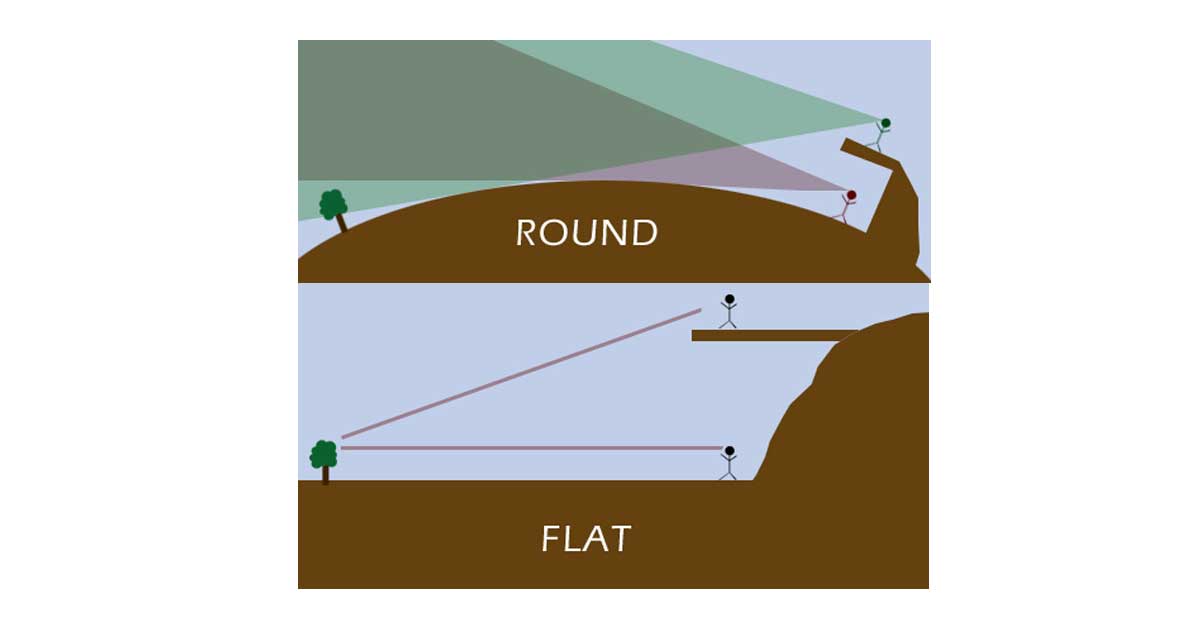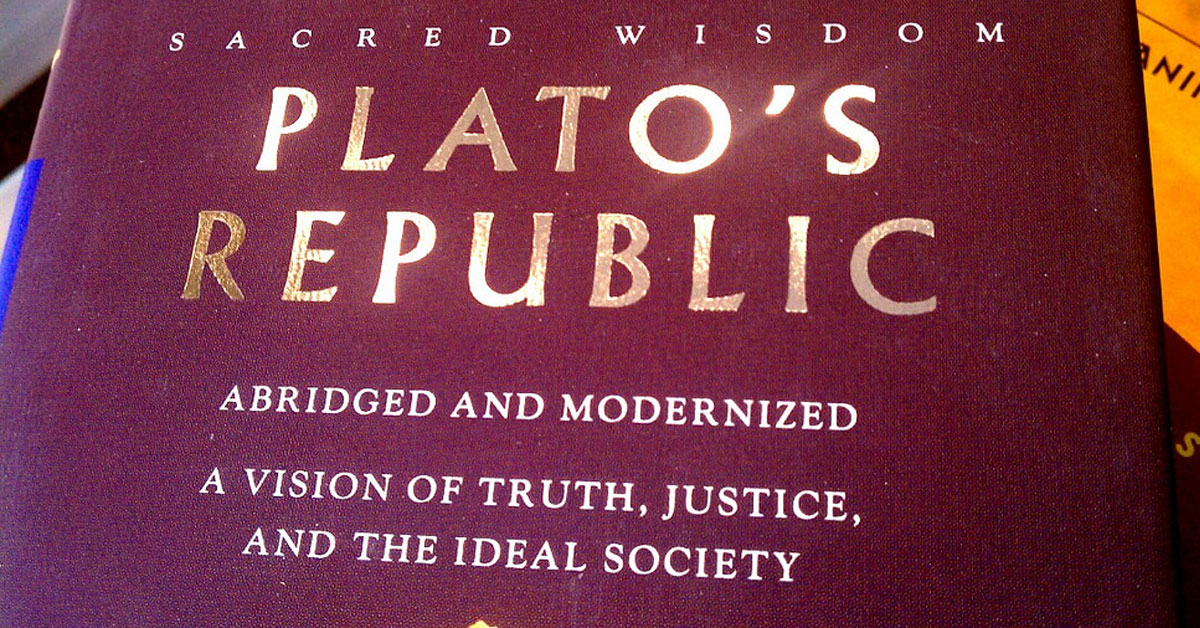The Importance of Principles

Principles are, in a broad sense, simply rule-sets which we follow. Below we will discuss the importance of different types of principles.
Everything is either true or not true, truth is that which does not contain any falseness. Everything that is not true is false.
“Caesar non supra grammaticos“, “Caesar is not above grammarians” meaning that grammar (knowledge) comes before power.

Principles are, in a broad sense, simply rule-sets which we follow. Below we will discuss the importance of different types of principles.

Alternative facts describe inconsistent sets of information submitted as plausible evidence for competing sides of a case/debate/argument.

Reason is the application of “pure logic”, empirical evidence, experiment, and skepticism to find truths, facts, and theories (AKA “critical thinking”).

We explore the nature of truth, the different types of truth, and the different types of entities who report truth to better understand the nature of information.

Political Correctness (politically correct or PC), describes how much tolerance, sensitivity, censorship, and freedom of expression “is correct” in a given setting.

We explain economic inequality from a historical perspective, and then consider the effects of wealth inequality and income inequality in America today.

The major branches of philosophy can be denoted as: metaphysics (what is), epistemology (what we can know), logic and reason, ethics and morality, and aesthetics (beauty and art).

Conspiracy theories are sets of one more speculative hypotheses, backed by fallacious reasoning, that suppose a conspiracy.